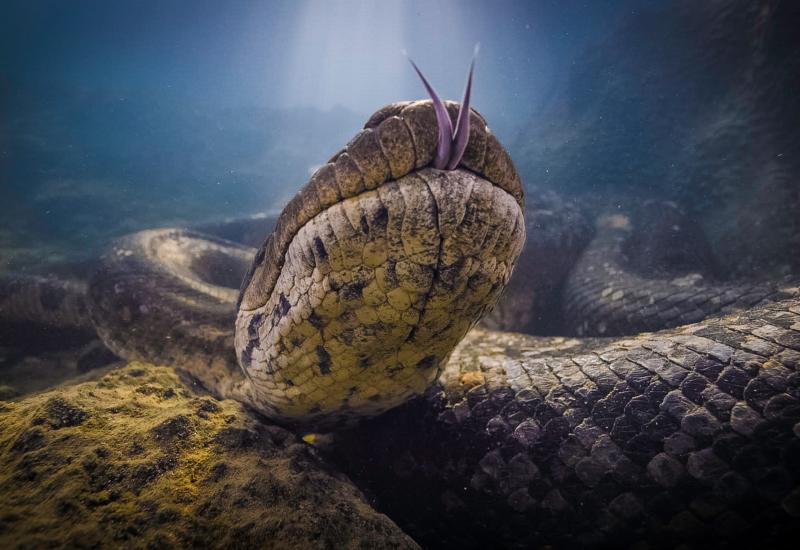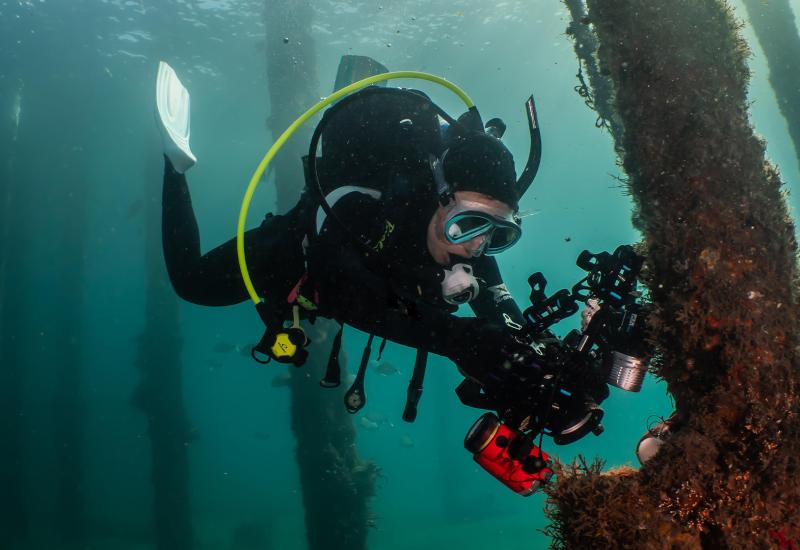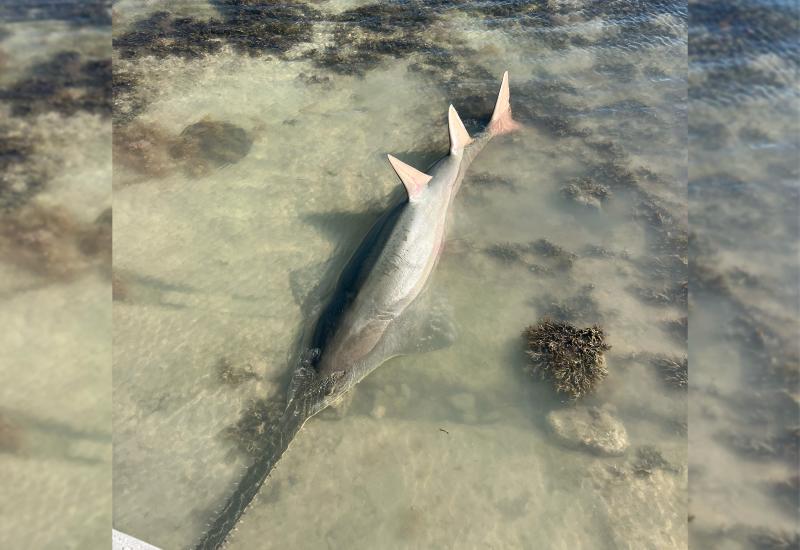Does Eating Lionfish Actually Help Fight Invasives from Overtaking?

Barry B. BrownA tasty solution to a thorny problem.
Since Indo-Pacific lionfish were released in Florida’s waters more than 25 years ago, they’ve been wreaking havoc on reefs throughout the Caribbean. Luckily, they’re pretty tasty, which has led to an “eat ’em to beat ’em” mentality with restaurants and grocery stores offering lionfish fillets.
“We started serving it about eight years ago. … Back then, we had to offer a complimentary sample to guests. Many folks were wary of eating this strange fish,” says chef Michael Ledwith, owner of Chef Michael’s in Islamorada, Florida. “Right now, lionfish is very, very popular on our menu.”
Ledwith says about 80 percent of the lionfish he serves is bycatch from lobster fishermen. There are also plenty of divers who consistently hunt and sell their catches to restaurants and supermarkets like Whole Foods. However, the supply seems to be drying up.
“The biggest challenge the past two years has been trying to purchase the lionfish,” says David Ventura, senior seafood team leader for Whole Foods’ Florida region. “The local divers we partner with are informing us they are not seeing the lionfish [as frequently].”
This sentiment is echoed by the restaurant industry and conservation groups, but does it mean the commercial lionfish industry is really helping to eradicate these invasive species? Experts say it’s possible, but it’s not a total solution.
“The fishing pressure, particularly through commercial harvesting, has definitely contributed to population decline,” says Alli Candelmo, conservation science manager at Reef Environmental Education Foundation. “But lionfish do seem to be on an upswing again. … They’re definitely not eradicated in any capacity; they’re just maybe not as accessible to divers.” Either way, when it comes to sustainable seafood, it’s always worth choosing lionfish over a bluefin tuna or red snapper.
“It’s a very specific example of how you can use your dollars for good,” says Ryan Bigelow, senior program manager at Monterey Bay Seafood Watch. “You know you are doing good for the environment and, if you happen to be nearby, for your local waters, which is a really cool thing to be able to do.”










